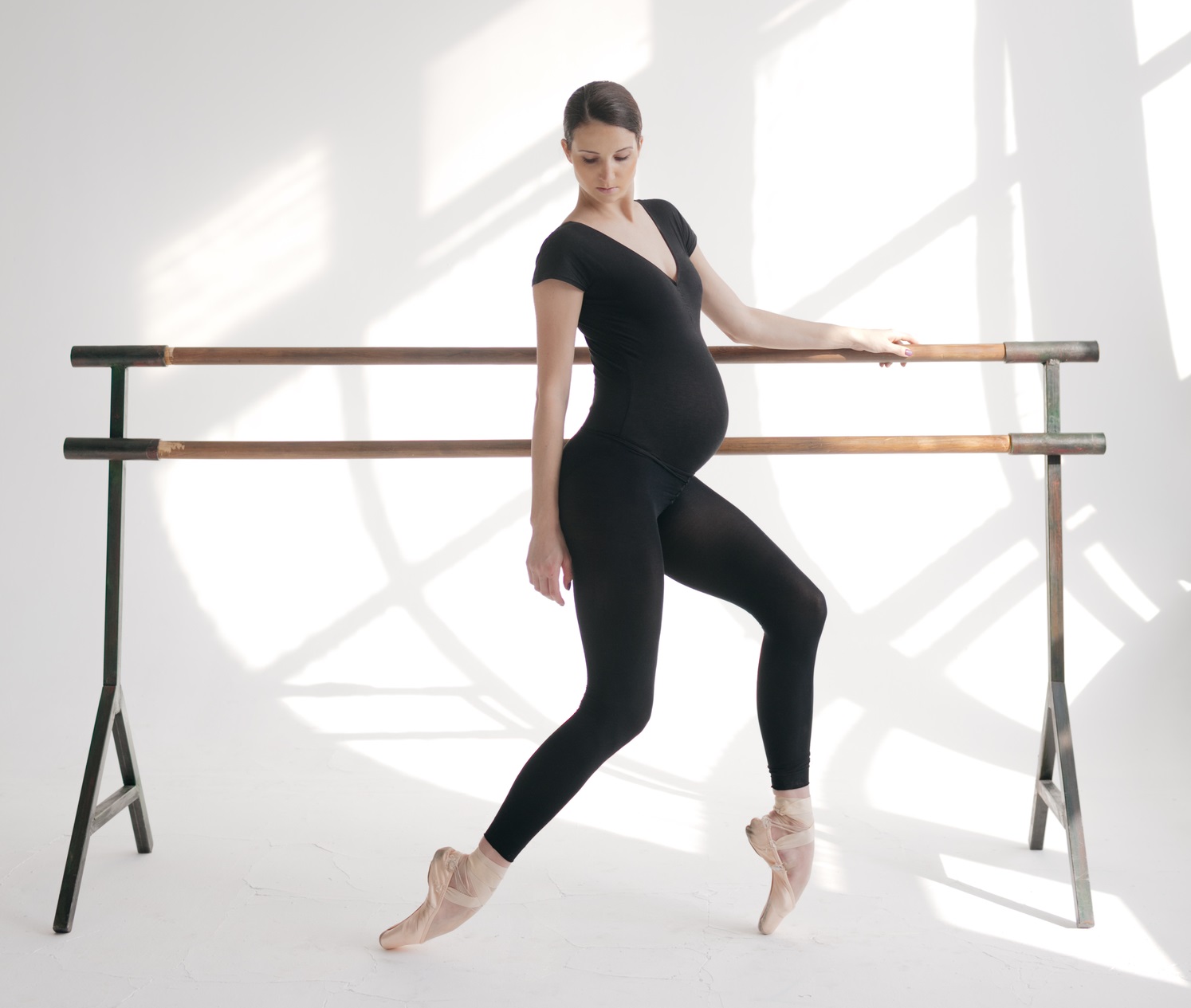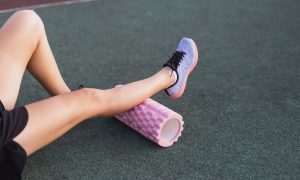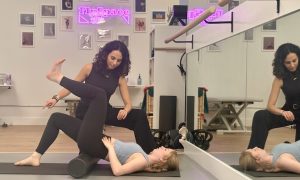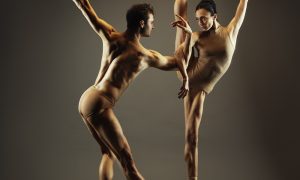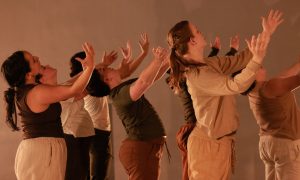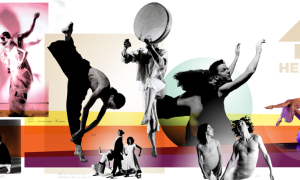Before you decide that this article doesn’t pertain to you, that you are nowhere near ready to have children or have decided not to have children, I encourage you to read anyway. You may be surprised to know that your connection to your body began long before you were born, that your movement repertoire may have been influenced by your first home, the womb, and that you can support positive mental health for yourself and your unborn child.
During my first pregnancy, I knew that exercise was important and that it had many benefits to me as the carrier of the baby. I knew it could help me manage my weight, increase my energy levels and even prevent or decrease physical as well as emotional symptoms. I was shocked when I was unable to find any prenatal dance classes, as dance was a natural form of expression and seemed like the perfect intervention during a time of confusion, anxiety and intense emotion.
As a dance/movement therapist, I could have anticipated what researchers have recently discovered. Engaging in physical activity during pregnancy can support babies’ developmental milestones. A recent article published in the Journal of Medicine and Science in Sports and Exercise found that “exercise during pregnancy can positively influence developing systems allowing for improved neuromotor development, thus leading to infants who are more adept at movement, and presumably more likely to be active.” A 2013 study at the University of Montreal found that babies born to mothers who exercised at least 20 minutes at moderate-intensity three days each week birthed children with more mature brains. This should come as no surprise because we know the benefits that dance has on the brain and neuromotor activity.
So why is this important? Simply put, when we as expecting moms engage in movement, we can directly influence how our children are wired for movement themselves. A lot more research needs to be conducted, but I would like to propose my own thoughts and musings on this subject. Donald Winnicott, a British psychoanalyst and pediatrician, believed that the mother introduced the baby to her body, not just the physical being but her very existence. It would make sense to me that the more a mother engages in her own relationship to her body and to that of the baby, the more potential there is for that relationship to get passed on after birth. The Kestenberg Movement Profile (KMP) is a system of movement observation and analysis used to appraise individuals of all ages including the fetus. Developed by Dr. Judith S. Kestenberg, a psychiatrist and movement researcher, along with her colleagues, they found that movement patterns can be identified as early as in the womb. These movement patterns can be connected to many psychological processes. KMP can be used to understand development, personality, temperament and connection. Therefore, how we move in the womb can impact and maybe even describe who we are outside of it.
Ever notice how some babies seem to be movers right from the moment of birth? While dance technique and skill is learned over time, the inherent ability to connect to one’s body through movement can be directly traced to the mother. Ever notice how dancers breed dancers? Perhaps this is one very strong explanation for this phenomenon. In my line of work, I have seen firsthand that an individual’s ability to increase their movement vocabulary directly correlates to improved mental health, enhanced self-regulation and a greater ability to empathize. I suspect that when the expectant mother challenges or even expands her movements during pregnancy, that it can have the same impact on the unborn child.
Some other points to consider…
Dance has been referred to as the “kale of exercise.” It is one of if not the best form of exercise for many reasons. It challenges our senses, enhances neuronal connection, regulates emotions and stress hormones, and allows for alternative forms of expression which encourages positive mental health.
Dancing throughout your pregnancy not only supports physical health but has also been shown to support the actual birthing process. Women have reported lower levels of pain, easier births, as well as a greater ability to manage the birthing process.
Engaging in dance or creative movement during pregnancy can help manage symptoms of postpartum anxiety and depression. Postpartum depression can impact one in every five women. It is a growing concern for our population and needs to be taken seriously. In addition to proper neonatal care, a regimen of a body-centered self-care practice, like dance, Pilates or yoga can help the mother-to-be recognize her own mind-body connection, be present to changes in mood and behavior, as well as manage fluctuations in stress induced by changes in hormones. Furthermore, it can help a women cope with her changing body during what can be a joyful, but overwhelming and confusing time.
It must be said that dance alone will not prevent genetic predisposition, but even if a child is born with a developmental or cognitive difference, movement is necessary. You can drastically improve and certainly support your baby’s development regardless of biological markers. Movement and dance is the most natural form of communication and allows for connection between parent and child.
So, while more research needs to be conducted, there are clear indications that engaging in dance during pregnancy can help support a mother’s emotional and physical needs, not to mention support her baby’s development cognitively as well as physically and emotionally. Wouldn’t it be amazing to know that we can support our children’s mental health and their own abilities to manage stress and the challenges of life even before they are born?

By Erica Hornthal, LCPC, BC-DMT, Dance/Movement Therapist, Chicago Dance Therapy.
Erica Hornthal is a licensed professional clinical counselor and board certified dance/movement therapist based in Chicago, IL. She received her MA in Dance/Movement Therapy and Counseling from Columbia College Chicago and her BS in Psychology from the University of Illinois Champaign-Urbana. Erica is the founder and CEO of Chicago Dance Therapy, the premier dance therapy and counseling practice in Chicago, IL. As a body-centered psychotherapist, Erica assists clients of all ages and abilities in harnessing the power of the mind-body connection to create greater awareness and understanding of emotional and mental health. For more, visit www.chicagodancetherapy.com.


